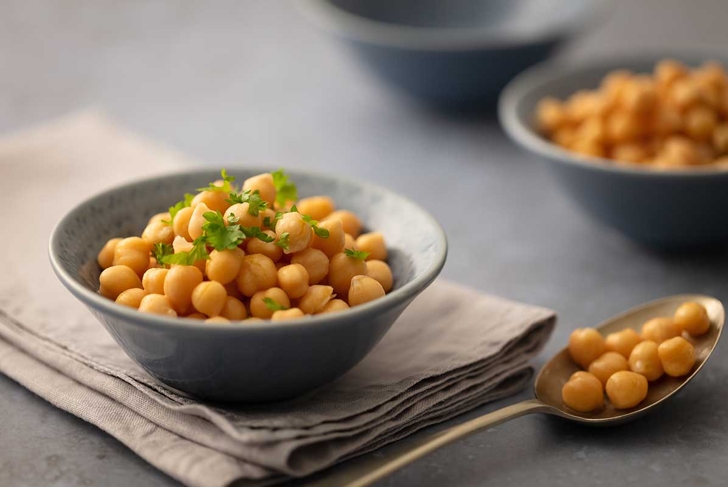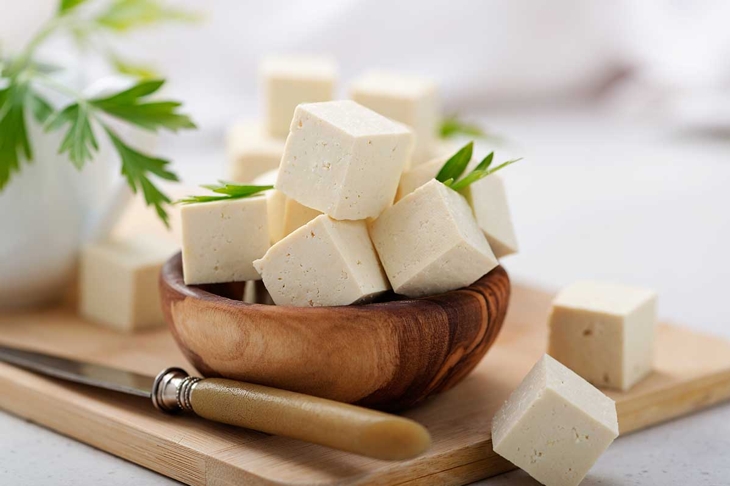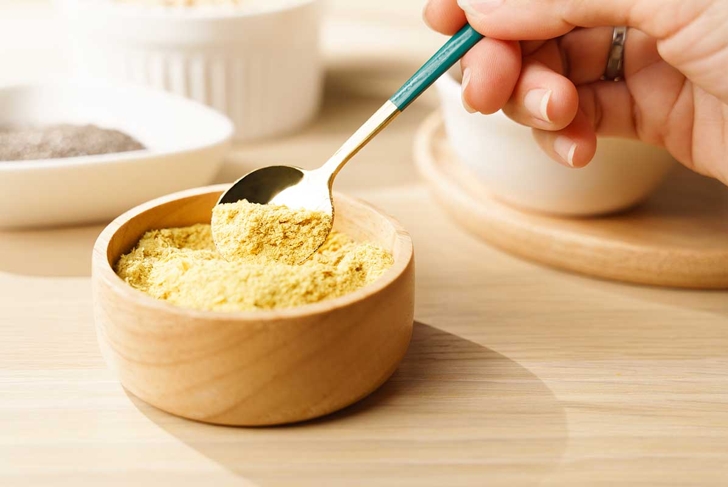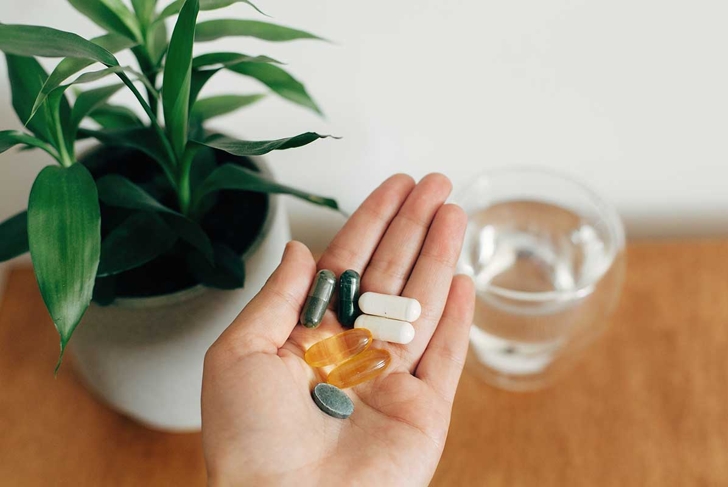10 Mistakes Vegans and Vegetarians Make

Vegan and vegetarian diets provide a bunch of health benefits. Studies show that these diets have links with weight loss, lower risk of heart disease, cancer prevention, and overall better health.
However, any diet carries risks if it’s not achieving balanced nutrition. Understanding what mistakes many vegans and vegetarians make and then learning how to avoid them will pave the way to a healthier diet and lifestyle.
Missing out on calcium

When eliminating animal-based products from a diet, some people lose out on sources of certain nutrients. Most notably, without cheese, milk, and other dairy products, it becomes a bit harder to get enough calcium. The human body needs calcium to keep the bones strong, support the nervous system, and keep the muscles working efficiently.
Thankfully, plenty of vegan sources of calcium exist, a meatless diet just needs to include these foods in higher amounts. Kale, broccoli, collard greens, bok choy, almonds, and figs all contain high levels of calcium.
Replacing meat with cheese

A common "fix" to convert a traditional dish to one that is vegetarian is to replace any meat with cheese. This works well in terms of flavor while keeping the meal robust and satisfying.
However, while cheeses do contain a range of nutrients, they lack the variety and quantity that exists in meats. Cheese also tends to have higher calorie counts than meat. As an additional risk, not all cheeses are vegetarian. Some cheese varieties, such as Italian-style hard cheeses, contain animal rennet.
The solution? Pulses! Go easy on the cheese and use chickpeas, lentils, beans, and nuts to replace important amino acids and other nutrients.
Assuming vegan and vegetarian options are healthy

Many people mistakenly assume that vegan and vegetarian diets are automatically healthier than diets that include animal products. After all, fruits and vegetables are staples of a healthy diet.
Unfortunately, many vegan and vegetarian processed alternatives have lower nutrient amounts or more calories than the meat-eater alternatives, not to mention sodium and artificial ingredients that make them just another questionable processed food. While these products can help smooth the transition away from animal-based products, it’s best not to rely on them and learn to incorporate healthful whole plant foods instead.
Not getting enough iron

Meat and other animal-based products are rich in iron. A three-ounce serving of ground beef provides 14 percent of iron for that day. The heme iron that meat contains is easy for the body to absorb, while we take in less of the non-heme iron in plants like beans, fruits, and cereals.
This means that vegetarians have a higher risk of iron deficiency anemia, which may first appear as fatigue, shortness of breath, and dizziness. However, a well-planned diet is more than capable of providing enough iron to meet daily needs. Make sure to eat foods rich in vitamin C alongside iron-rich meals to promote iron absorption.
Having a low-protein diet

Meat and eggs are abundant sources of protein, and many people who switch to plant-based eating find themselves a bit deficient in this vital nutrient when they first begin.
While plenty of vegan foods are rich in protein, many people fail to properly account for it in their meals and wind up missing their daily protein requirements. Experts recommend adults eat at least 0.8 grams of protein for every 2.2 pounds of body weight.
Ideal vegan sources of protein include chickpeas, lentils, nuts, nut butters, and tofu.
Forgetting about vitamin B12

There are a lot of vitamins to keep track of, and it can be difficult to ensure a diet contains all of them in the right quantities. One vitamin that many people forget about is vitamin B12, which helps create red blood cells and DNA and plays a role in cell metabolism.
While vitamin B12 deficiency is not common in most modern countries, vegans and vegetarians are at a higher risk because the vitamin is so widely available in animal products.
Plant-based eaters can choose to get their fill with fortified products like cereals and nutritional yeast, or they can take supplements. A few types of edible algae do contain vitamin B12, but they are not widely available.
Eating too few calories

When people start eating a plant-based diet, they might be surprised to discover they’re eating too few calories. Meat and cheese has quite a lot of calories, and even though vegans and vegetarians feel like they’re eating the same amount they did before, their healthy foods are likely to be less calorie-dense.
A study testing different diet types found that vegans consume fewer calories than any other diet type. Vegetarians had higher counts but still consumed fewer than people who ate both meat and plants. When a person does not meet their daily calorie needs, they can experience fatigue and a slower metabolism. If this continues for a long period, they may experience symptoms of malnutrition.
Vegans and vegetarians might need to increase their portion sizes of whole grains and vegetables to ensure they’re getting the energy their bodies need.
Not drinking enough water

Every person should be making sure they drink enough water every day. However, this advice is particularly important for people who eat a lot of fiber. Because fiber-rich foods like legumes, vegetables, and grains are staples of a vegan diet, vegans and vegetarians tend to consume more fiber than the average person.
This means that they need to drink more water to help the fiber move through the digestive tract. If a person consumes too much fiber and not enough water, they can experience bloating, gas, and constipation.
Eating too many carbs

Foods rich in protein tend to feel more satisfying and trigger feelings of "fullness." People switching to a vegan diet may find that they miss this sensation and rely on familiar foods that trigger similar feelings. Usually, this means refined carbs like pasta, bread, bagels, crackers, and cakes.
Whole grains are an essential part of any diet, but those delicious “white” carbs lose beneficial fiber during production. A high intake of refined carbs has links to diabetes and increased fat storage. Consider replacing refined carbs with quinoa, brown rice, and oats.
Avoiding supplements

Many vegans and vegetarians choose to follow a plant-based diet because it feels more natural and healthy. As part of this, some may avoid foods and products that seem too artificial. While this can be helpful in avoiding harmful preservatives or similar additives, it can also have some negative results.
Avoiding vitamin and other nutrient supplements in a bid to get all nutrients from whole food sources is an admirable goal, but it’s very difficult and can result in deficiencies. There are many vegan-friendly supplement sources of nutrients that can balance a plant-based diet in a healthful, natural way.




